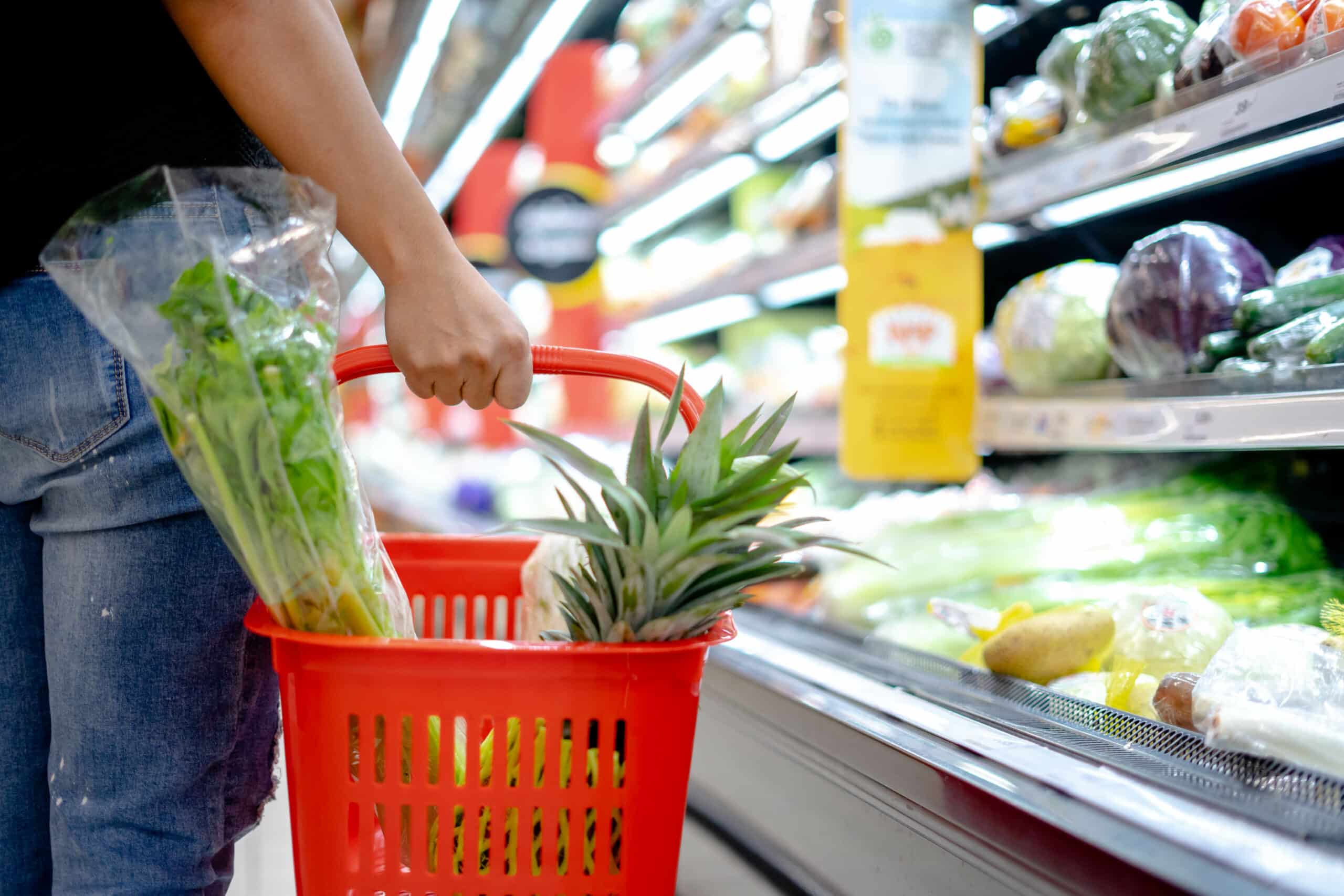Food delivery in Saudi Arabia has witnessed significant growth in recent years. The Saudi Arabia online food ordering and delivery market was valued at just over 2 billion in 2022 and is projected to grow at a compound annual growth rate of 3.9% through to 2028.
The trend towards home delivery also extends to grocery services, with the online grocery delivery market in Saudi Arabia experiencing growth and a projected market volume of US$2.77Billion by 2028.
Why is food delivery in Saudi Arabia on the rise?
Conditions for Saudi food delivery are improving, due to various factors such as the country’s growing urban population, higher levels of disposable income among consumers, the adoption of smartphones, the popularity of online food ordering platforms, and evolving regulatory frameworks.
In particular, the widespread adoption of smartphones in Saudi Arabia has revolutionised how consumers interact with the food industry. Mobile applications and online platforms have empowered consumers who are increasingly looking for hassle-free dining experiences and diverse cuisine options.
The country ranks third worldwide in smartphone penetration, surpassing the US, UK, France, and Germany. As estimated 88% of Saudi’s own a smartphone, which is nearly double the global average. Improvements in online mobile payment security have also boosted consumer confidence in making transactions through food delivery apps. This heightened sense of security, coupled with the convenience of mobile technology, has significantly increased the frequency and volume of online food orders.
Food delivery customers in Saudi Arabia
Saudi consumers show a preference for a wide array of restaurants and cuisines. Food delivery platforms offer diverse options ranging from fast food to gourmet offerings, catering to different tastes and preferences.
User frequency in food delivery services is on the rise in Saudi Arabia, with recent reports suggesting that more people are opting to order through food aggregators rather than dining out. Additionally, over the past two years, there has been a significant increase in user frequency, with more than 50% of orders coming from users who place more than 10 orders per month. This trend indicates a growing reliance on food delivery services for regular meals and dining experiences.
Food delivery competition in Saudi Arabia
The food delivery market in Saudi Arabia is highly competitive, with both local and international players vying for market share. This competition has come at a time where major food delivery companies experienced rapid growth and significant increases in their stock values during the COVID-19 pandemic.
However, following the pandemic, many of these companies have seen a downturn in their valuations. The industry is now characterised by frequent investments and consolidations as companies strive to stabilise and grow their market presence. In 2022 alone, the delivery platform Jahez entered an agreement to acquire Chefz, and Taker acquired Brisk Delivery as it sought to expand its TakerGo platform. The intense level of competition has also led to price wars, reduced profit margins, and market fragmentation.
Food delivery business models in Saudi Arabia
In Saudi Arabia, innovative business models are emerging in the food delivery sector. Cloud kitchens, also known as ghost kitchens or virtual kitchens, are gaining popularity in Saudi Arabia. These delivery-only kitchens operate without a physical dining space, focusing solely on preparing food for online orders.
They offer a cost-effective solution for restaurants looking to expand their delivery services without the overhead costs associated with owning and running a traditional dine-in establishment. Subscription-based food delivery services are another emerging trend in the region as they help provide a predictable revenue stream for food delivery businesses. These services offer customers the convenience of regular meal deliveries without the need to place individual orders each time.
Regulating food delivery in Saudi Arabia
Saudi Arabia’s Transport General Authority (TGA) has begun to regulate the food delivery sector, with six regulations recently implemented to help govern the order delivery sector. These regulations include requirements such as uniforms for non-Saudi workers, restrictions on non-Saudis working only through light transport companies, permission for light transport vehicles to display advertisements, the use of face recognition technology for driver verification and specifications for using motorcycles for deliveries.
Key logistical and operational challenges
The food delivery sector in Saudi Arabia faces significant operational challenges, including navigating regulatory requirements, handling logistical complexities, and optimising supply chain efficiency. In particular, ensuring timely and efficient last-mile delivery, especially in urban centres, poses a significant challenge for food delivery services in Saudi Arabia. Urban congestion, intricate city layouts, and extreme temperatures further exacerbate the challenges faced by these services. This is likely to continue into the future, as the food delivery sector in Saudi Arabia looks to expand into suburban areas.
As the market matures, further innovations and improvements will continue to enhance food delivery in Saudi Arabia. As companies continue to focus on improving efficiency, expanding service offerings, and increasing market penetration customers will no doubt benefit from technological advancements, strategic collaborations, and customer-centric approaches.
Looking ahead
The rise of the food delivery industry in Saudi Arabia presents both opportunities and risks to prospective businesses. For traditional foodservice & retail outlets, these emerging trends require operational adaptation and innovation in order to survive and thrive in an increasingly competitive landscape.
At Farrelly Mitchell, we guide clients through complex regulatory frameworks, operational challenges, and consumer preferences, enabling them to optimise efficiencies, enhance customer experience, and secure a competitive edge. We identify and implement innovative market solutions based on the latest technologies and digital tools, ensuring that our clients not only adapt to new trends, but lead them. To establish sustainable growth and success in the digital age, contact our team today.














